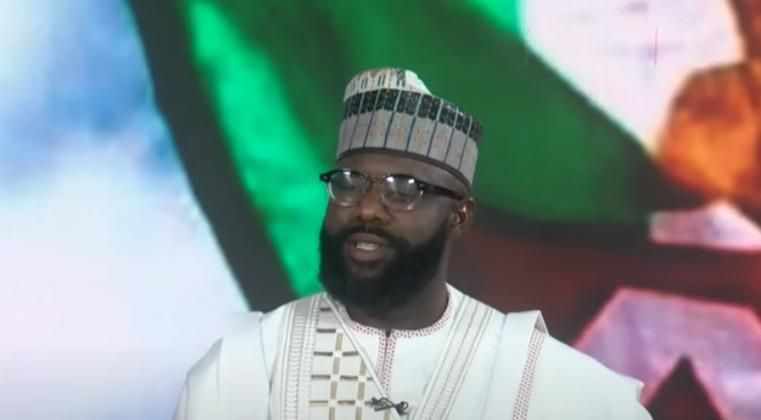Tinubu met Davido, Jandor, but ignored me – ex-aide blasts president

```html Former Tinubu Aide Audu Criticizes Lack of Access, Vows Opposition Aliyu Audu, former Senior Special Assistant on Public Affairs to President Bola Tinubu, has publicly voiced his discontent, citing a perceived lack of recognition and direct access to the President during his tenure. Audu, who recently resigned from his position, expressed his grievances in an interview, stating that he never had a one-on-one meeting with Tinubu despite serving as one of the President's spokespersons.
Audu's frustration stems from what he views as preferential treatment given to individuals who were previously critical of the administration. He specifically referenced President Tinubu's meetings with musician David Adeleke (Davido) and Lagos politician Abdul-Azeez Olajide Adediran (Jandor), both of whom had, at different times, opposed Tinubu's political ambitions.
Audu's Grievances and Future Political Stance Speaking on Arise Television, Audu stated, "I worked for the President for nearly two years. I didn't have a sit-down with him. I'm one of his spokespersons, but he sat with Davido, who insulted him a couple of weeks before. Then he sat with that Jandor, who didn’t even come second in the Lagos election. It doesn’t make sense."
Fueled by this perceived snub, Audu has declared his intention to actively campaign against President Tinubu’s potential second-term bid. He believes that his dedication and service to the administration were not adequately acknowledged. "I have nothing against who he chooses to meet with, but it is a slap in the face of those of us who gave everything and never even got an audience," Audu asserted.
Context: Presidential Engagements and Political Realignments President Tinubu's meetings with Davido and Jandor have sparked considerable debate. Davido's visit occurred alongside that of his uncle, Osun State Governor Ademola Adeleke. Jandor, who contested the Lagos governorship election under the Peoples Democratic Party (PDP) in 2023, met with Tinubu after defecting from the PDP earlier this year. These engagements are viewed by some as strategic moves to foster unity and broaden political alliances.
Dr. Adekunle Ajala, a political analyst at the Institute for Governance and Policy Studies, commented on the situation: "In politics, perception is reality. While these meetings might be interpreted as strategic outreach, they can also be seen as a slight by those who have consistently supported the President. It highlights the delicate balance between inclusivity and rewarding loyalty."
Historical Perspective on Access and Influence The issue of access to power and influence within Nigerian presidential administrations is not new. Historically, close aides and advisors have often wielded significant influence, and the perceived slight of being denied access can lead to resentment and political maneuvering. The dynamics of loyalty, reward, and internal communication have always been critical factors in maintaining stability within any administration.
"This situation underscores the importance of effective communication and relationship management within the presidency," notes Professor Fatima Hassan, a historian specializing in Nigerian political history. "The President's advisors need to be sensitive to the perceptions of those who have dedicated themselves to the administration, ensuring that they feel valued and recognized."
Implications for Tinubu Administration Audu's public criticism adds to a growing chorus of dissenting voices from within what was once considered the President's inner circle. This raises questions about the overall morale within the administration and the potential for further internal conflicts. The ability of the Tinubu administration to address these concerns and maintain unity will be crucial in the coming months.
Audu's resignation and public criticism highlight potential internal rifts within the Tinubu administration. The President's meetings with former political opponents have sparked debate about political strategy and loyalty. Analysts emphasize the importance of effective communication and relationship management within the presidency.
The coming weeks will reveal the extent to which Audu’s actions will impact President Tinubu’s political standing and the cohesion of his administration. ```
Originally sourced from: pulse Ng
